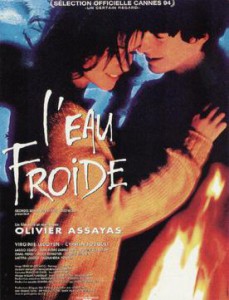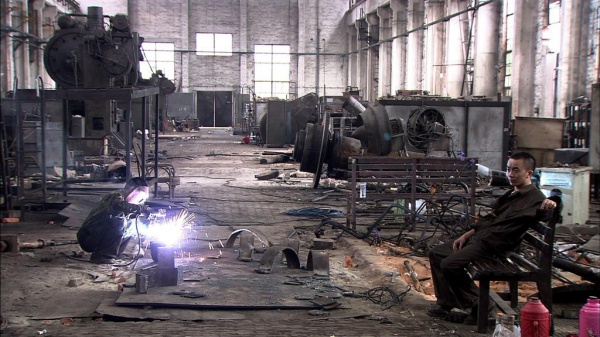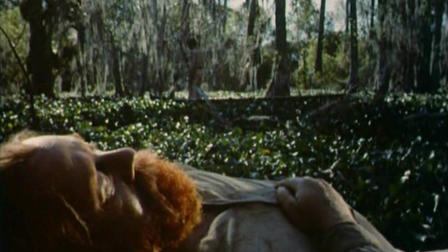From the Chicago Reader (July 1, 2002). — J.R.


Not long before embarking on his comedy Irma Vep, Olivier Assayas directed this powerful 1994 feature about doomed teenage love as part of the excellent French TV series All the Boys and Girls in Their Time, in which various filmmakers (including André Téchiné, Chantal Akerman, and Claire Denis) dramatized stories set during their teenage years, scoring them with the pop music of the period. Assayas’s contribution, perhaps the most affecting in the whole series, takes place on the outskirts of Paris in 1972. (Having lived in France during that period, I can report that his grasp of its countercultural lifestyles is uncanny.) Virginie Ledoyen and Cyprien Fouquet are letter-perfect as two 16-year-old delinquents from broken homes — the former periodically sent to an asylum by her Scientologist mother and boyfriend, the latter raised by a single father (New Wave regular Laszlo Szabo) — and when they run away together, one can’t imagine that they have anywhere else to go. The beautiful and heartbreaking plot culminates in a party at and around a country house, and Assayas’s sustained treatment of this event — the raging bonfire, the dope, the music and dancing — truly catches you by the throat. Read more
An essay written for the Cinema Guild’s DVD, released in 2009. — J.R.

24 City is a documentary about the transformation of Factory 420 in
Chengdu from the secret manufacture of military aircraft engines in 1958
to, after the Vietnam War, a downsized and remodeled facility producing
consumer products, and then, more recently, into a privately owned
real-estate development called “24 City”. This sounds pretty
straightforward, but because it’s a Jia Zhangke film, it qualifies as an
adequate description only in the most skeletal fashion. Factory 420
employed almost 30,000 workers, so a lot of life experience and
displacement is involved in this multifaceted story — a good half-
century of Chinese history. And Jia is so desperate to discover the
truth of his subject that he’s willing to employ anything and
everything, including artifice, if this will bring him any closer
to what urban renewal is the process of quickly obliterating.
The theme of his film — of all his features to date, in fact — is
the displacement coming from historical upheavals in China
and the various kinds of havoc they produce: physical, emotional,
intellectual, political, conceptual, cultural, economic, familial,
societal. And sometimes the style involves a certain amount of
displacement as well, such as when he cuts from a speech in late
2007 about recent changes in “24 City” before a full audience in
an auditorium to a shot of an almost empty stairway that plays
over the same speech, with one figure climbing the steps on two
successive floors. Read more
From the Chicago Reader (May 31, 2002). I’m pleased to remember that Studs Terkel, who knew Nick Ray, wrote me a friendly letter about this review shortly after it appeared — and that, years earlier (1995), when my first collection, Placing Movies, came out, he invited me to appear as a guest on his radio show. — J.R.

A kind of litmus test for auteurists, this philosophical adventure story set in turn-of-the-century Florida (1958, 93 min.) was Nicholas Ray’s penultimate Hollywood assignment, though he was fired before the end of shooting and barred from the final editing by screenwriter Budd Schulberg (On the Waterfront, A Face in the Crowd), who produced the film with his brother Stuart. (In his introduction to the published screenplay, Schulberg doesn’t even mention Ray.) An ecological parable, it pits an earnest schoolteacher turned game warden (Christopher Plummer) against a savage poacher of wild birds (Burl Ives) heading a grungy gang in the swamps. Ray’s masterful use of color and mystical sense of equality between the antagonists (also evident in Rebel Without a Cause and Bitter Victory) are made all the more piquant here by his feeling for folklore and outlaw ethics as well as his cadenced mise en scene. Read more




